Parental age has different impact on autism, schizophrenia
Children born to parents who are 35 or older are at an increased risk of autism; for schizophrenia, the increased risk is limited to those born to mothers in their teens or early 20s.

Children born to parents who are 35 or older are at an increased risk of autism; for schizophrenia, the increased risk is limited to those born to mothers in their teens or early 20s.

High levels of chemicals called polychlorinated biphenyls in a pregnant woman’s blood may raise the risk of autism in her child.
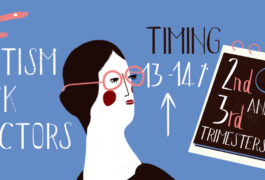
Only a small fraction of women who battle infections during pregnancy have children with autism, suggesting that some infections are riskier than others.
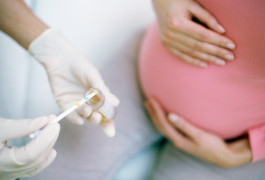
Rare antibodies associated with autism are unusually common among women who developed diabetes while pregnant with a child who has autism.

Jill Escher is on a mission to spur research into how chemicals in the environment may influence risk for autism.
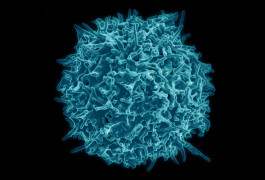
Molecules that protect the body from infection may be needed for mice to socialize with their peers, a finding that bolsters the link between the immune system and autism.
A study links acetaminophen use to autism, scientists find a flaw in brain imaging software, and a television show about autism is set to premiere next week.
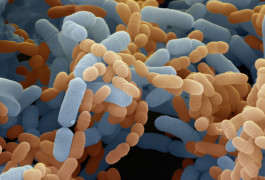
A single species of bacteria reverses autism-like features in mice exposed to a high-fat diet in utero — but researchers question the findings’ relevance to people.
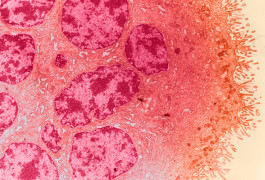
Infection during pregnancy may blunt the growth of neurons in the fetus by boosting levels of the chemical messenger serotonin.

Autism is four times more prevalent among extremely premature babies than in the general population.